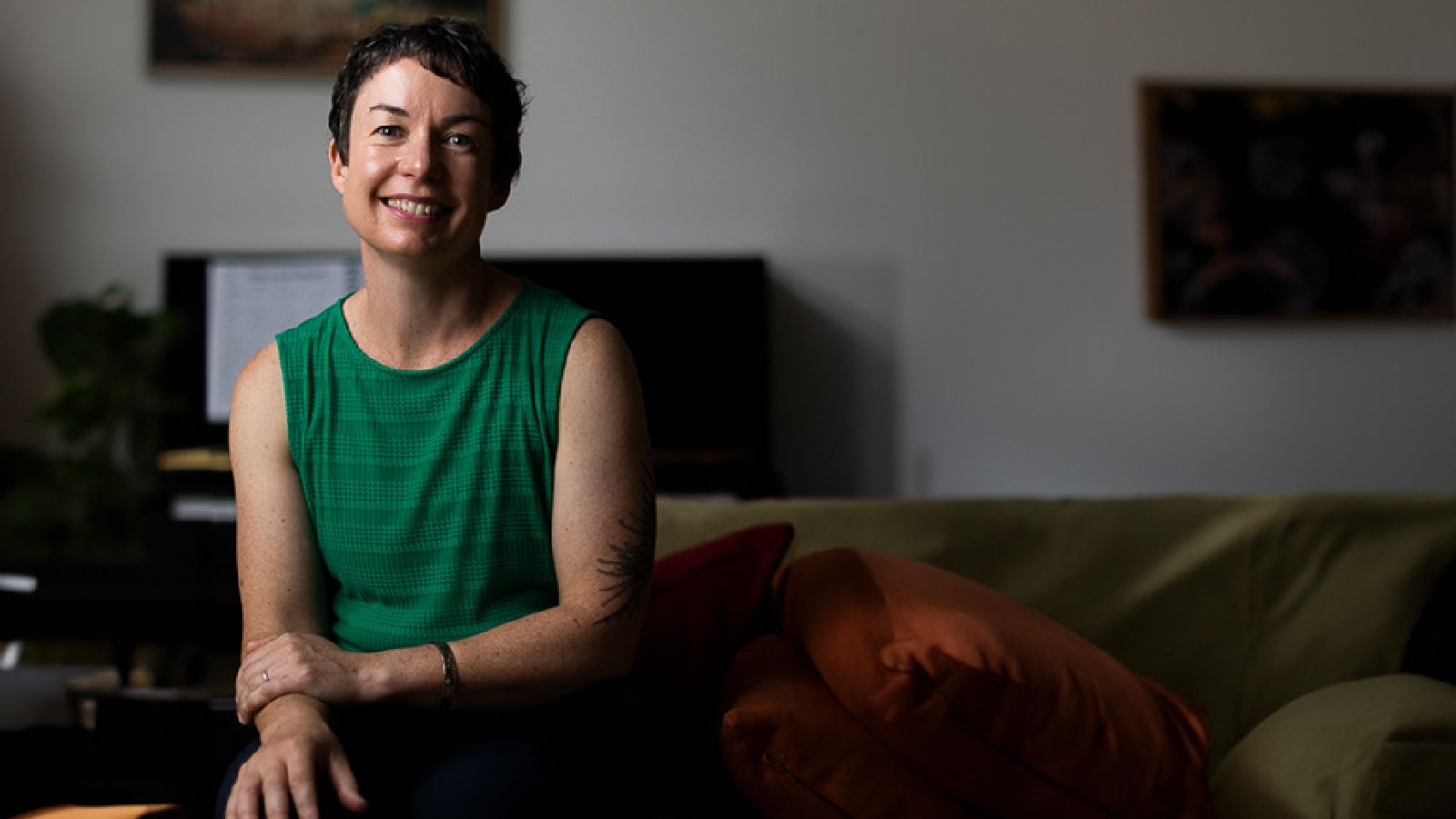Associate Professor Julieanne Lamond

Image: Supplied.
International Women's Day
Please summarise your career journey and explain what you’re currently working on.
I finished my honours in Australian Literature at the University of Sydney and worked in the media (for ABC radio) and politics (as a policy advisor for a federal senator) before returning to do my PhD on the relationship between literature and citizenship in settler-Australian writing.
I started working at the ANU as a sessional academic in 2008 and am now an Associate Professor in English and Head of the School of Literature, Languages and Linguistics. My current research looks at how the reception of literature is gendered and implicated in political debates.
What are you most looking forward to in your work/field?
I’ve only recently taken on the role of Head of School and am looking forward to finding my feet in the role! I’m also looking forward to getting stuck into a new research project on the role of literature in debates about invasive species and infrastructure in Australia’s alpine regions.
What’s your greatest achievement? Both personal and professional.
The professional achievement that I’m proudest of is my collaboration with Melinda Harvey at Monash University and feminist nonprofit organisation Stella on the Stella Count, a statistical analysis of gender representation across Australian book reviews that has improved the representation of women writers in that space.
Personally, I’m proud of raising two very independent daughters who, at 12 and 15, are confident, fearless and also pretty great to be around.
Who or what inspires you?
Women writers – now and across history – who do the thing they love and want to do despite all the challenges of making it work.
If you’ve had a female mentor who’s made a great impact on you, or if you’ve participated in a project that involved women’s advocacy or specifically benefited women in some way, please discuss.
I have had several wonderful female mentors in my career. The late Elizabeth Webby first invited me to do a PhD and her work inspired my focus on women’s writing and literary reception, and Leigh Dale, who encouraged me as a young scholar and invited me to take on the editorship of the journal Australian Literary Studies, which has continued to be one of the great pleasures of my working life.
Across the ANU I have been encouraged by a number of more senior female researchers who have offered advice, read drafts and provided a sense of wry solidarity that I’ve found very sustaining.